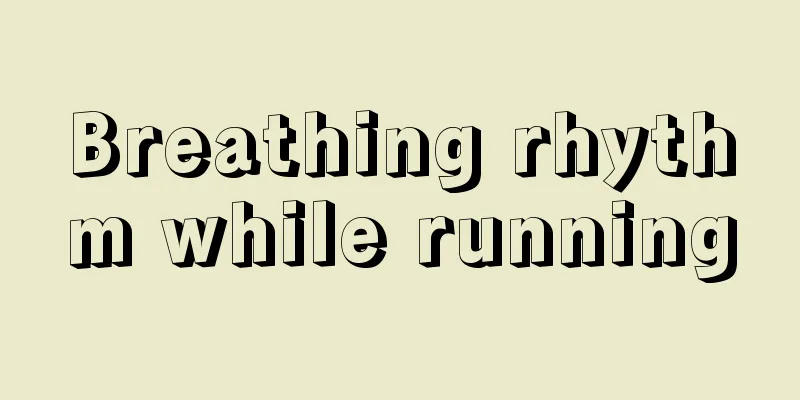What causes headaches after exercise?

|
As people's material life has become greatly enriched, they pay more and more attention to the quality of life. The improvement of quality of life is inseparable from a healthy body. Therefore, more and more people pay attention to health preservation, and more and more people use exercise to preserve their health. However, some people who have just joined the ranks of sports health care have a problem that bothers them: they feel dizzy and have a headache after each exercise. So, what’s going on? First, if you do not do warm-up exercises before exercise, the functions of internal organs such as the heart and lungs are not fully mobilized, especially the blood circulation in the whole body does not reach a high level, and nutrients and oxygen cannot be supplied to the body in time. The cerebral cortex is more sensitive to lack of nutrition, and dizziness often occurs when the supply is insufficient. Second, some people lack exercise, have weak cardiopulmonary function, and their daily activities are also relatively light. If you suddenly engage in strenuous exercise and the amount of activity is too much, the functions of the various organs in the body cannot adapt to the needs of the strenuous exercise, and excessive mental tension occurs, causing dizziness. Third, exercising for too long and not controlling the amount of exercise well, especially when the weather is too cold or you wear too few clothes, will cause excessive energy consumption in the body and a sharp drop in blood sugar concentration. When the brain and skin lack sufficient blood sugar, dizziness will occur. Fourth, some sports such as running, football, gymnastics, high jump, and long jump, if the technical movements are not well mastered, the feet land too hard, or the heels land, or the ground is too hard, which vibrates the brain and causes dizziness. Fifth, the breathing rhythm is not well controlled during exercise, the breathing is shallow, the body's oxygen supply is insufficient, and the body's oxygen deficiency causes dizziness. Sixth, people with neurasthenia, hypertension, anemia, chronic rhinitis, and chronic otitis media, these diseases themselves have symptoms of dizziness, and the dizziness may be more severe during exercise. If you find yourself experiencing dizziness or headaches during exercise, you can take a proper rest. Then adjust your exercise frequency and method in time. When you just start exercising, don't do too intense exercise. This can effectively reduce the symptoms of dizziness and headache caused by exercise. If you are a patient with diseases such as hypertension and otitis media, you should be more careful when exercising. |
<<: What are the benefits of stretching your muscles?
>>: How to relax your calf muscles?
Recommend
Do you know the technique of hula hooping?
Do you know the techniques of hula hooping? For t...
What are the squat weight loss exercises?
In real life, more and more friends choose squats...
How can I train my chest muscles to get into shape the fastest?
Many men want to have a body with pectoral muscle...
What are the benefits of doing sit-ups in the morning?
Many male friends may have a lot of social engage...
What is the function of a spinning bike?
Spinning bike is a kind of fitness equipment that...
How long should I jump rope to lose weight?
Many people lose weight by skipping rope, which i...
The fastest way to lose belly fat: 3+1 exercise method
If you want to lose belly fat faster and more eff...
What are the correct running postures?
Many friends like to run, especially when they fi...
Is aerobic exercise effective for weight gain?
For some people who are thin, light and malnouris...
What is your heart rate when jogging?
Most people are too lazy to exercise, especially ...
How long should you practice yoga every day?
Yoga is a health-preserving method loved by all p...
Can running build muscle?
If you want to have a strong body of muscles, it ...
How to do yoga to lose weight at home
In recent years, yoga has gradually become the pr...
What's the best way to train your abdominal muscles?
Fitness is a very popular healthy lifestyle habit...
What are the chest and abdominal muscle exercises?
Having a charming and perfect body is the dream o...









